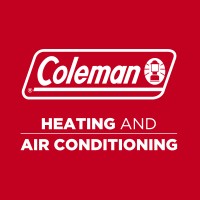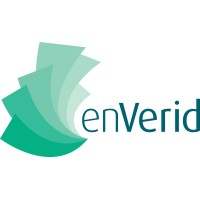
Coleman Heating and Air Conditioning
Coleman® HVAC systems have provided comfort since the 1930s and have a licensed partnership with Johnson Controls. Exceeding your expectations requires an eye toward the future with a focus on your needs today. That’s why, when it comes to building products for homes and businesses, we believe in focusing on quality at every stage, with every product. So we closely monitor and improve processes that impact quality. Because it takes more than just metal and circuitry to make a Coleman® heating and cooling unit – it takes people of integrity and an ongoing dedication to quality. Coleman is a trademark of The Coleman Company, Inc. used under license.






